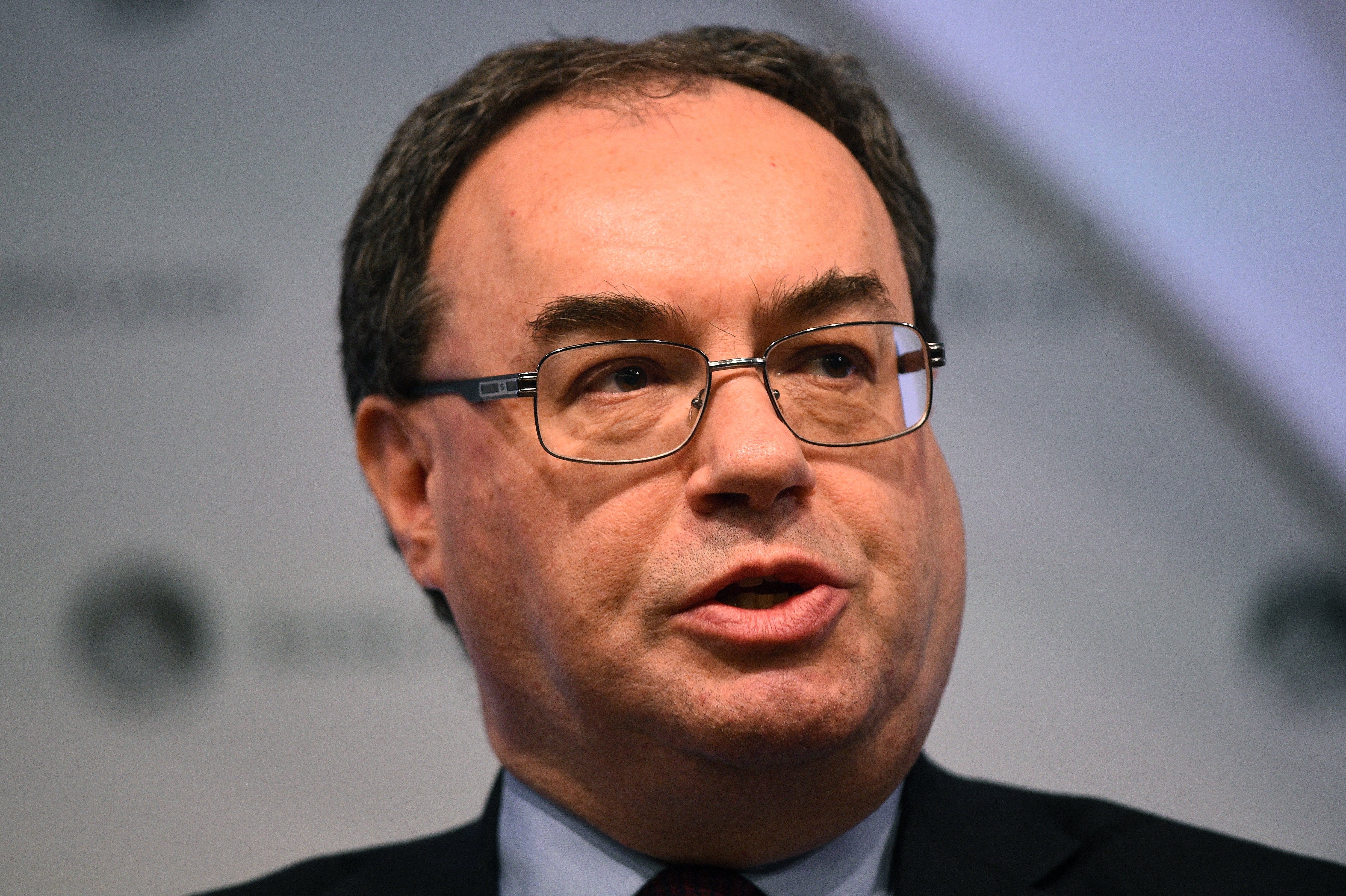Bank of England must heed MPs’ call to up its game on climate crisis
The Bank’s £20bn corporate bond portfolio puts it outside the goals of the Paris Agreement, says James Moore


We are at a crunch point, not only to mitigate the effects of climate change but to rescue vast swathes of the economy from the impacts of successive lockdowns due to coronavirus. It makes sense to tackle both together, offering a ‘reset button’ to design an economy fit for net-zero Britain.
“The Bank [of England’s] corporate bond purchases are currently aligned with a catastrophic 3.5C temperature rise by 2100 – far exceeding the Paris Agreement goal of limiting global warming to 1.5 C. We are calling on the Bank to show leadership, once again … by ensuring its actions to promote recovery also reduce Britain’s exposure to climate change risk.”
Care to guess who said that? Green Party MP Caroline Lucas perhaps? Maybe a Liberal Democrat?
Actually, it was Philip Dunne, the chair of the Environmental Audit Committee, an old Etonian former junior minister whose voting record on matters related to global warming has been less than stellar.
Perhaps this is a sign that the climate crisis we keep banging on about is finally being seriously in the establishment’s halls. Just not yet in Threadneedle Street, at least when it comes to the Bank’s bond buying. In a letter to the Bank’s governor Andrew Bailey, the committee says that needs to change.
The vast majority of the purchases under the Bank’s “quantitative easing” programme, an attempt to stimulate the Covid battered economy likened to printing money, have been of government debt. There’s a lot of that around as a result of the borrowing binge forced on the government by the pandemic.
But there is also £20bn worth of corporate bonds in there and while that only represents about 2 per cent of the portfolio, £20bn is still a significant sum.
The problem Mr Dunne and his committee have identified is that the portfolio is not aligned with the goals of the Paris Agreement, which Britain is signed up to. Far from it.
In its climate-related financial disclosure report, published last year, the Bank discloses that the weighted average carbon intensity of the portfolio is 294 tonnes of CO2 equivalent per £1m of revenue.
“This suggests the portfolio is consistent with an average temperature increase of 3.5C above pre-industrial levels by 2100,” the Bank admits.
It goes on to state that this estimate is “materially above Paris agreement goals” to which the obvious response is no kidding because its aim is to limit the increase to 1.5C.
The Bank rather shamefully attempts to weasel out of taking any responsibility for this by declaring that it reflects the portfolio is representative of the market a whole and talking about how a “whole economy transition will be needed if internationally agreed climate goals are to be met”.
Indeed it will but that isn’t going to happen if powerful organisations like the Bank of England refuse to take a lead.
The committee correctly notes that are options when it comes to how it might shape up. It could reshape its portfolio to align it with the Paris agreement goals by divesting bonds issued by the worst polluters over time. It could link future purchases to it, or impose conditions on bond issuers.
I’d suggest that it consult with some of the more progressive fund managers, which have started to use their power in bond markets to put pressure on polluters just as they have with their equity holdings.
But how it happens matters much less than signalling an intention to make it happen.
As the committee notes: “We believe the Bank’s remit is already explicit in giving it recourse to consider the financial stability risks of climate change.”
If Mr Dunne now gets it – and he will have the opportunity to show that he does with his voting in future – the Bank should bin the excuses and prove that it does too. Governor Andrew Bailey needs to press that reset button.



Join our commenting forum
Join thought-provoking conversations, follow other Independent readers and see their replies
Comments